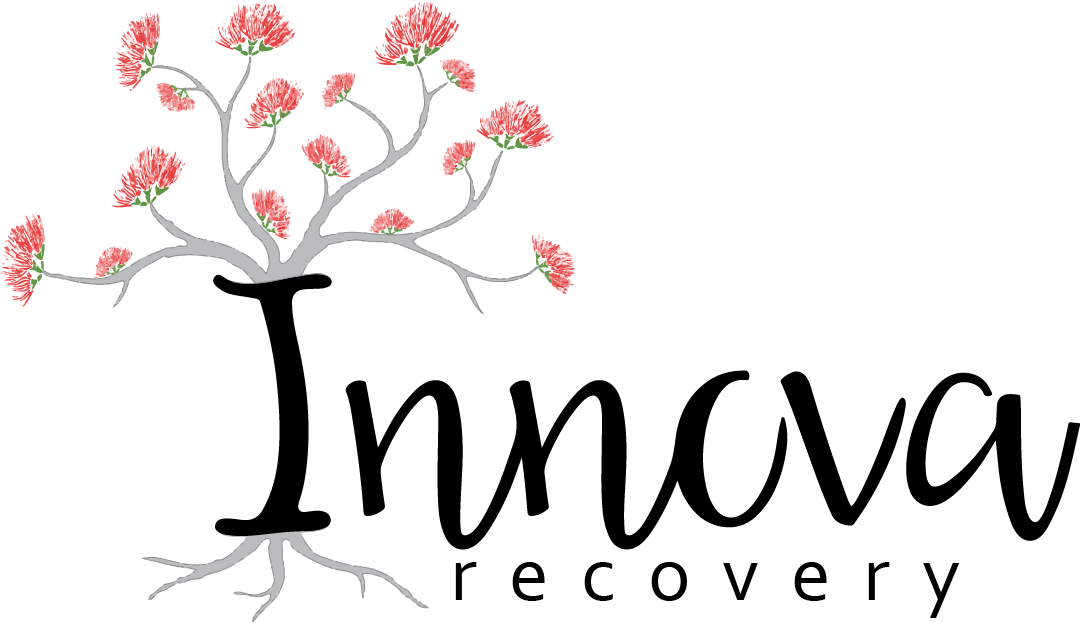Dialectical Behavioral Therapy
Build healthy relationships, set boundaries, and experience personal growth.
One client said, “DBT should be taught in schools.” These are skills everyone can use, no matter your background. DBT will equip you with practical tools you can use everyday to help manage emotions more effectively, stay present in the moment to be more engaged in your daily life and so much more.

What is Dialectical Behavioral Therapy?
Learn how to cope with feeling sad, depressed, or suicidal
Dialectical Behavior Therapy (DBT) is a type of Cognitive Behavioral Therapy developed by Marsha Linehan. It was created to treat suicidal patients and those with Borderline Personality Disorder, but is now recognized as an effective treatment for a variety of conditions including PTSD, depression, substance use, eating disorders, and trauma. The word “dialectical” means a synthesis or combining of opposites. It is the practice of pushing for change while accepting where you are.
Understanding the 4 DBT Skills
The beauty of DBT is that it is a skills-based therapy wherein truly anyone can benefit from learning and applying these skills. These skills fall into four main modules, two of which are acceptance-oriented and two are change-oriented.
Mindfulness
The practice of being fully aware and present in this one moment.
Distress Tolerance
How to tolerate pain in difficult situations, not change it.
Interpersonal Effectiveness
How to ask for what you want and say “no” while maintaining self-respect and relationships with others.
Emotion Regulation
How to decrease vulnerability to painful emotions and change emotions that you want to change.
How it Works
The skills you need to manage today are just a phone call away
Brief Assessment
Ourtrained coordinators will help you determine your goals


Personalized Match
You will be matched with a therapist who is specially trained in DBT


Start Therapy
You can begin your journey via telehealth or in-office
We’re here to help you get the care you need. Take our quiz to understand your trauma.
Trauma isn’t your new normal. These symptoms can be overcome with good therapy to help you move forward to find healing.
Frequently Asked Questions
If you don’t see your question here, call or text us to learn more about DBT and how it can benefit you.

What’s the difference between DBT & CBT?

Who Can Benefit from DBT?








